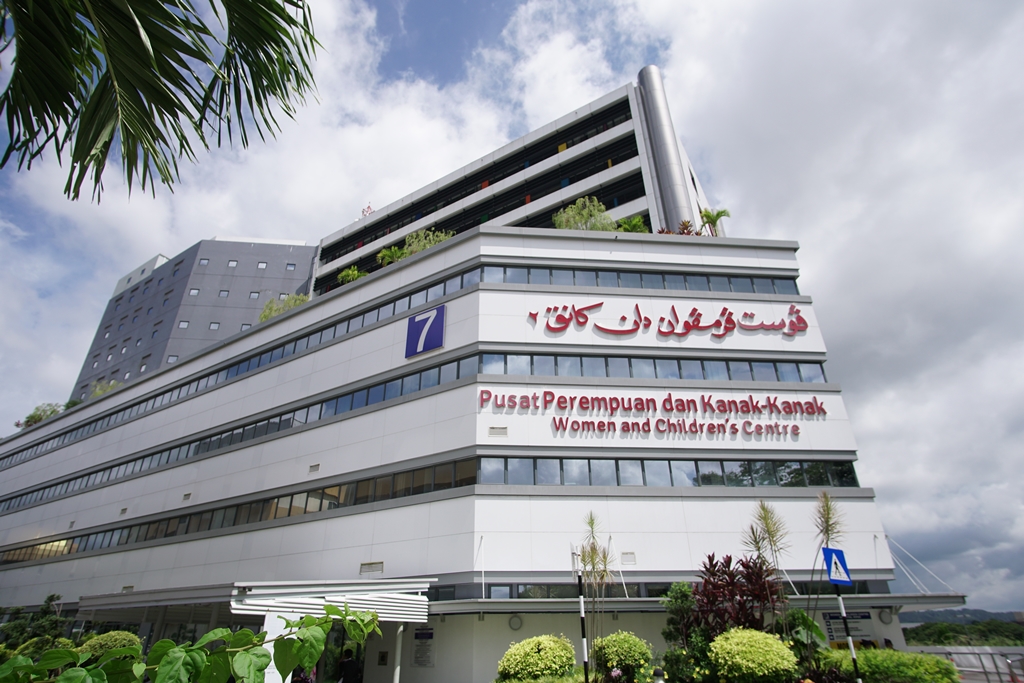The Ministry of Health (MoH) on Thursday confirmed that there has been no abnormal surge in human metapneumovirus (hMPV) cases in Brunei Darussalam. In 2024, a total of 45 cases were detected, a significant decrease from the 88 cases reported in 2023.
In a statement, the MoH emphasised that hMPV is not a new disease and is not classified as a notifiable disease under the Infectious Diseases Act (Chapter 204). The infection, caused by a virus that spreads through respiratory droplets such as mucus, saliva, or nasal discharge, typically results in mild fever and flu-like symptoms in healthy individuals. However, severe infections can occur in vulnerable groups, including young children, the elderly, and individuals with weakened immune systems.

Preventive measures
While there is currently no specific treatment or vaccine for hMPV, the Ministry advises the public to adopt preventive measures to reduce the risk of infection, including:
Personal hygiene: Frequently wash hands with soap and water or use hand sanitizer, especially before eating, after using the toilet, or after coughing or sneezing.
Cough and sneeze etiquette: Cover your mouth with a tissue when coughing or sneezing, and dispose of the tissue immediately into a trash bin.
Mask-wearing: Wear a face mask if experiencing respiratory symptoms, particularly in closed or crowded spaces.
Avoid close contact: Refrain from close contact with individuals who are unwell or showing symptoms such as fever, cough, or shortness of breath.
Seek medical attention: Consult a healthcare professional if symptoms persist or worsen.
The Ministry also encourages the public to maintain a healthy lifestyle to support overall immunity.
In addition to hMPV, the MoH is continuously monitoring influenza-like illness (ILI) through a comprehensive surveillance system established in 2009. This system tracks ILI cases at health centres and severe acute respiratory infections (SARI) treated at government hospitals.
As of January 9, 2025, the trend of ILI infections in Brunei remains stable with no notable increase compared to recent months. The Ministry noted that a seasonal rise in ILI cases at the end and beginning of the year is expected, particularly in countries experiencing winter.
The Ministry of Health reassured the public that it is actively monitoring the situation in collaboration with regional and global partners. Efforts are ongoing to ensure preparedness in healthcare services and timely updates on any developments. – James Kon


